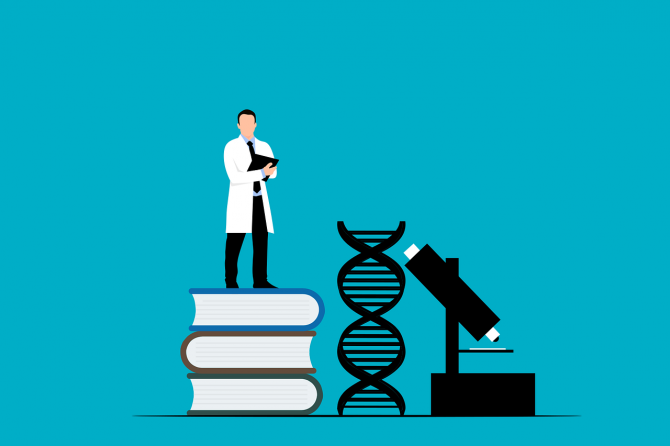
Autoimmune Disease vs Immunodeficiency: Understanding the Difference
Autoimmune diseases and immunodeficiency are two terms that are often used interchangeably, but they are not the same. Both conditions affect the immune system, but in different ways. In this article, we will explore the differences between autoimmune diseases and immunodeficiency, how they affect the body, and the treatments available. Understanding the Immune System
Read more







